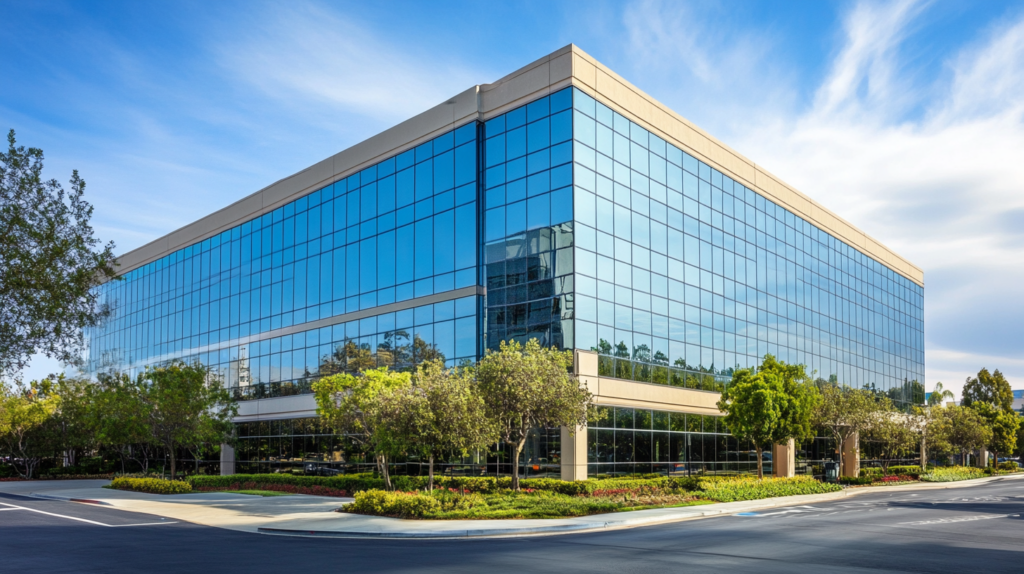In an age where data breaches and unauthorized access are growing concerns, businesses and institutions are turning to more secure access control solutions. One of the most talked-about technologies in the security space today is biometric access control. Whether you’re running a small business, managing a corporate office, or securing sensitive areas like laboratories or government facilities, the implementation of biometric access can significantly enhance your security posture.
But like any advanced technology, biometric access systems come with both advantages and limitations. In this comprehensive guide from Matson Alarm of Tennessee, we’ll explore the pros and cons of biometric access control systems, and help you determine if it’s the right choice for your organization.
What Is Biometric Access Control?
Biometric access control is a security authentication system that uses individuals’ unique biological characteristics, like fingerprints, facial recognition, iris patterns, or voice recognition, to grant or deny access to physical or digital environments. Instead of using traditional access tools like keys, swipe cards, or passwords, biometric systems rely on identifiers that are almost impossible to replicate or share.
Common Types of Biometric Systems:
- Fingerprint scanners
- Facial recognition systems
- Iris and retina scans
- Voice authentication
- Hand geometry readers
- Vein pattern recognition

The Pros of Biometric Access Control
1. Superior Security
Traditional access systems can be compromised with stolen keys, shared passwords, or duplicated access cards. Biometric systems, on the other hand, offer unparalleled protection because they use identifiers that are inherently unique and difficult to forge. This dramatically reduces the chances of unauthorized entry.
2. Non-transferable Credentials
Unlike access cards or PIN codes, you can’t lend your fingerprint or eye scan to a coworker. This ensures that only authorized personnel gain entry, reducing the risk of internal security breaches.
3. Operational Efficiency
Biometric systems are fast and seamless. There’s no need for employees to remember passwords or carry physical access cards. This minimizes delays at access points and increases overall efficiency, especially in high-traffic areas.
4. Scalability and Integration
Modern biometric access systems can easily integrate with your existing security infrastructure, including video surveillance, alarm systems, and HR databases. Many platforms are scalable, allowing you to add new users or features as your business grows.
5. Comprehensive Audit Trails
Biometric systems maintain detailed logs of who accessed what and when. This is crucial for industries with compliance or regulatory requirements such as HIPAA, PCI-DSS, or SOX. These logs also help during security investigations.
The Cons of Biometric Access Control
1. Upfront Cost
High-tech comes at a price. Biometric systems often require significant upfront investment for equipment, software, and installation. However, this is often offset by long-term cost savings, such as reduced rekeying expenses and lower security breach risks.
2. Privacy and Ethical Concerns
Biometric data is highly sensitive. If not properly encrypted or stored, it can become a target for cybercriminals. Companies must comply with data protection laws like GDPR or CCPA, and transparently inform users how their data is collected, stored, and used.
3. System Failures and False Readings
Biometric systems are highly accurate, but not foolproof. Certain conditions, like dirty fingers, poor lighting, or aging hardware, can result in false rejections or acceptances. This may lead to frustration and operational delays if proper fallback procedures aren’t in place.
4. Accessibility Issues
Not all users may be able to provide the necessary biometric data. For example, some individuals may have worn fingerprints, eye conditions, or speech impairments. A robust system should include alternative access options for inclusivity.
5. Data Breach Consequences
Unlike passwords, biometric data cannot be changed if it is stolen. This makes breaches far more serious. Strong encryption, secure storage, and regular audits are essential to prevent exposure.

Industries Benefiting from Biometric Access Control
Biometric access control isn’t just for high-security zones, it’s becoming common in many sectors:
- Corporate Offices: For secure building access and time-tracking.
- Healthcare Facilities: To protect patient records and medication rooms.
- Financial Institutions: To comply with regulations and prevent fraud.
- Educational Campuses: To secure dormitories, labs, and administrative areas.
- Manufacturing Plants: For tracking employee access and securing hazardous areas.
- Government and Military: For sensitive data centers and secure facilities.
Key Considerations Before Implementation
Before installing a biometric system, businesses should consider:
- Legal Compliance – Make sure your system meets all local, state, and federal privacy regulations.
- User Consent – Employees and users should be aware of and agree to biometric data collection.
- System Redundancy – Implement backup access methods like PINs or cards for emergencies.
- Maintenance Requirements – Biometric systems need regular calibration, software updates, and occasional hardware servicing.
- Data Security – Biometric templates must be encrypted and stored securely.
Why Choose Matson Alarm of Tennessee?
When it comes to implementing advanced access control systems, experience matters. Matson Alarm of Tennessee offers:
- Expert consultation tailored to your business needs
- Seamless integration with existing security systems
- Customizable solutions for various industry types and building sizes
- Ongoing support and system maintenance
- Compliance guidance for handling biometric data responsibly
With years of experience in electronic security solutions, we ensure your biometric access control system is secure, reliable, and user-friendly from day one.
Final Thoughts
Biometric access control systems represent a significant leap forward in physical security. They offer improved accuracy, non-replicable credentials, and ease of use, but they’re not without challenges. High setup costs, privacy issues, and technical glitches require careful planning and professional execution.
At Matson Alarm of Tennessee, we’re committed to helping you understand the benefits and risks, and delivering a solution that fits your unique needs.
Ready to Upgrade Your Security?
Contact Matson Alarm of Tennessee today to schedule your free consultation. Whether you’re considering biometric access for a single door or an enterprise-wide system, we’re here to help you make a confident, informed decision.
Contact us today to get started on modernizing your access control system!



